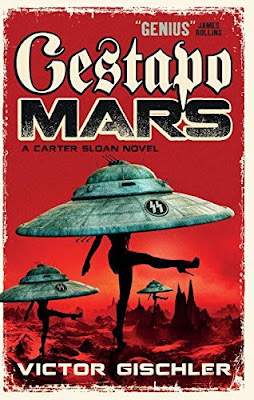 Meg Little Reilly
Meg Little Reilly is a writer, environmentalist, crafter, hiker of mountains, swimmer of lakes, and reader of everything.
Before she got serious about writing books, she worked for President Obama as Deputy Associate Director at the White House Office of Management and Budget; and prior to that, as Spokesperson at the U.S. Treasury. She has worked at the Environmental Defense Fund, a couple great consulting firms, and had more political internships than she can count.
Reilly's debut novel is
We Are Unprepared.
From her Q&A with The Book Report Network’s Megan Elliott:
TBRN: WE ARE UNPREPARED takes a concept that's abstract to a lot of people --- global warming and major environmental change --- but approaches it in a very human way. How did you go about marrying the story of Ash and Pia’s journey as a couple with the overarching drama of The Storm?
MLR: I chose to write about a storm because it’s one of the few manifestations of climate change that feels immediate and urgent. You simply can’t look away. I didn’t know I was going to write about a troubled marriage, though…that part snuck up on me. I wanted to explore how fear can corrode our personal lives, and as I kept peeling back layers of that fear onion, it took me to a very intimate place. This is as much a story about how we live together in fearful times as it is about changing weather patterns.
TBRN: I was struck by the detailed descriptions of the weather patterns leading up to The Storm. What kind of research did you do for these parts of the novel? Is a storm of the magnitude you describe really a possibility? Should everyone on the eastern seaboard take a cue from survivalists like Crow and start building bunkers in their backyards?
MLR: I researched my fictional storm by looking at forecasts and reports from all the largest storms on the eastern seaboard in recent history. This storm is a composite of all the worst-case scenarios projected for past storms...[read on]
Visit
Meg Little Reilly's website.
Writers Read: Meg Little Reilly.
--Marshal Zeringue
 Stephen Metcalfe's latest novel is The Practical Navigator. From his Q&A with Deborah Kalb:
Stephen Metcalfe's latest novel is The Practical Navigator. From his Q&A with Deborah Kalb:





































